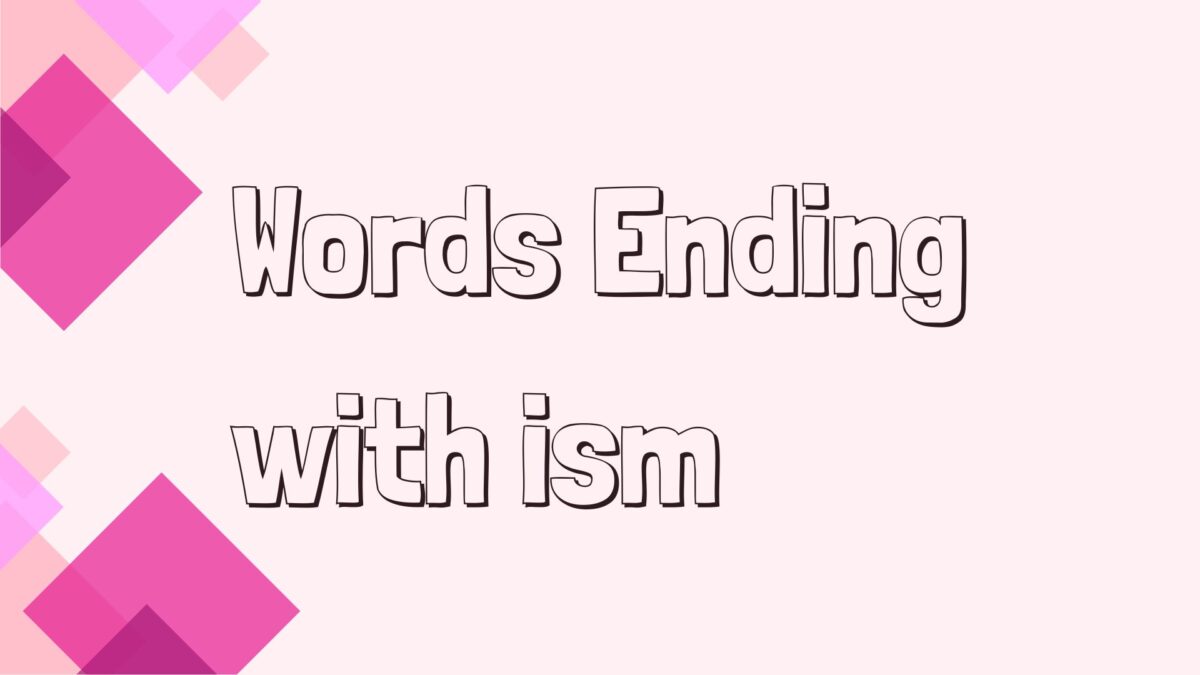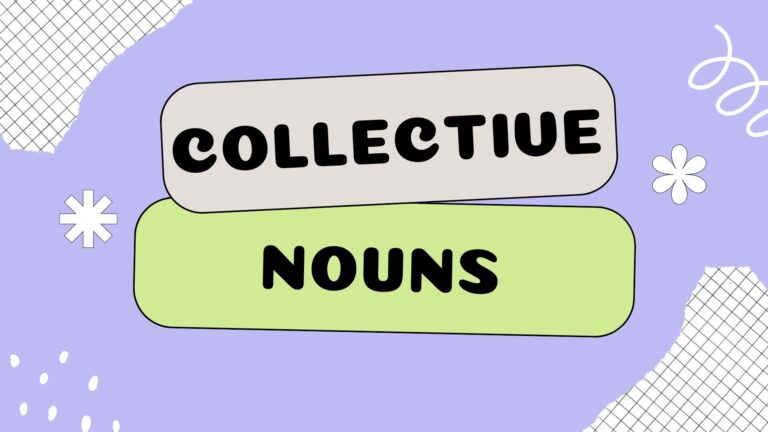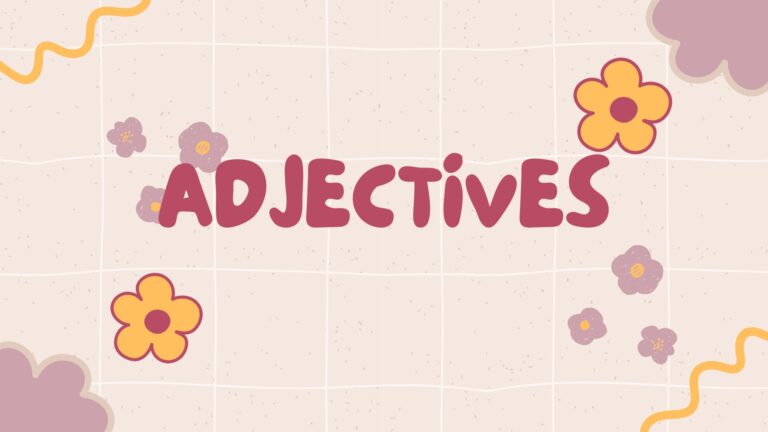120 Words ending with ism with their meanings
The suffix “ism” stands for important ideas and social movements that influence beliefs. This article looks at 120 words ending with ism explaining what they mean and why they matter today, helping to clarify terms that shape culture.
Understanding the Meaning of ism
The suffix “ism” refers to ideas and beliefs that shape how we see the world and ourselves. Each “ism,” such as capitalism or feminism, encourages people to come together. However, using “ism” can oversimplify the rich diversity of human experiences into strict labels. These beliefs can be understood in many ways, which vary by person and culture.
List of 120 Words Ending with ism
Sure! Here’s a list of 120 words ending with ism along with their meanings. These words often refer to ideologies, beliefs, systems, movements, or conditions.
1. Ableism – Discrimination in favor of able-bodied people.
2. Absenteeism – Habitual absence from work or duty.
3. Agnosticism – Belief that the existence of God is unknowable.
4. Altruism – Selfless concern for the well-being of others.
5. Anarchism – Belief in the abolition of all government.
6. Animism – Belief that objects, places, and creatures possess a spiritual essence.
7. Antagonism – Active hostility or opposition.
8. Atheism – Disbelief or lack of belief in God or gods.
9. Authoritarianism – Favoring or enforcing strict obedience to authority.
10. Autism – A developmental disorder affecting communication and behavior.
11. Aestheticism – Doctrine that beauty is the most important aspect of art.
12. Asceticism – Severe self-discipline and avoidance of indulgence.
13. Baptism – Christian rite of admission using water.
14. Bureaucratism – Excessive reliance on administrative procedures.
15. Capitalism – Economic system based on private ownership.
16. Catholicism – The faith and practices of the Roman Catholic Church.
17. Chauvinism – Excessive or prejudiced support for one’s cause or group.
18. Classicism – Aesthetic attitudes based on classical ideals of beauty and form.
19. Communism – Ideology advocating classless society and collective ownership.
20. Consumerism – Preoccupation with and inclination toward buying goods.
21. Creationism – Belief that life was created by a divine being.
22. Cubism – Early 20th-century art style using abstracted forms.
23. Colonialism – Control by one power over a dependent area or people.
24. Conservatism – Commitment to traditional values and ideas.
25. Cynicism – Belief that people are motivated purely by self-interest.
26. Darwinism – Theory of evolution by natural selection.
27. Deism – Belief in a creator who does not intervene in the universe.
28. Despotism – Rule by a single authority with absolute power.
29. Dualism – Belief in two fundamental principles, often mind and body.
30. Dynamism – Belief in constant change and progress.
31. Empiricism – Theory that knowledge comes from sensory experience.
32. Egoism – Ethical theory that treats self-interest as the foundation of morality.
33. Environmentalism – Concern for protecting the environment.
34. Epicureanism – Philosophy seeking pleasure and avoiding pain.
35. Egalitarianism – Belief in human equality.
36. Ethnocentrism – Belief in the superiority of one’s own culture.
37. Existentialism – Philosophy focusing on individual freedom and choice.
38. Extremism – Holding extreme political or religious views.
39. Fatalism – Belief that all events are predetermined.
40. Fascism – Far-right authoritarian political ideology.
41. Feminism – Advocacy of women’s rights and gender equality.
42. Feudalism – Medieval social system with lords and vassals.
43. Formalism – Excessive adherence to prescribed forms.
44. Fundamentalism – Strict adherence to traditional beliefs.
45. Globalism – Belief in global political or economic integration.
46. Gradualism – Policy of gradual reform rather than sudden change.
47. Gnosticism – Belief in esoteric spiritual knowledge for salvation.
48. Greenhouseism – Concern with or belief in the impact of the greenhouse effect.
49. Hedonism – Pursuit of pleasure as the highest good.
50. Heroism – Great bravery.
51. Historicism – Emphasis on historical context in interpretation.
52. Hinduism – Major religion of South Asia.
53. Holism – Belief that systems should be viewed as wholes.
54. Humanism – Emphasis on human values and dignity.
55. Idealism – Belief in ideals as the basis of reality.
56. Imperialism – Extending a country’s power through colonization.
57. Individualism – Emphasis on individual rights and independence.
58. Industrialism – System based on industrial production.
59. Intellectualism – Emphasis on reasoning and intellect.
60. Islamism – Political movement advocating Islamic law and principles.
61. Judaism – Religion of the Jewish people.
62. Journalism – The profession of writing for newspapers or magazines.
63. Legalism – Excessive adherence to law or formula.
64. Liberalism – Political philosophy promoting liberty and equality.
65. Libertarianism – Belief in minimal government intervention.
66. Literalism – Adherence to the exact letter or meaning.
67. Localism – Preference for local over central authority.
68. Loyalism – Support for established government or monarch.
69. Lutheranism – Branch of Protestant Christianity following Martin Luther.
70. Luddism – Opposition to industrialization or new technology.
71. Magnetism – Phenomenon of attraction by magnetic force.
72. Marxism – Political and economic theories of Karl Marx.
73. Materialism – Belief that material possessions are more important than spiritual values.
74. Mechanism – Belief that natural processes are mechanically determined.
75. Militarism – Belief in maintaining a strong military.
76. Minimalism – Art or lifestyle based on simplicity and minimal elements.
77. Modernism – Cultural movement embracing innovation and rejecting tradition.
78. Monarchism – Support for monarchy as a form of government.
79. Monotheism – Belief in one God.
80. Mysticism – Belief in union with a divine or spiritual reality.
81. Narcissism – Excessive interest in oneself.
82. Nationalism – Strong identification with one’s nation.
83. Naturalism – Belief that everything arises from natural causes.
84. Nihilism – Rejection of all religious and moral principles.
85. Nomadism – Lifestyle of moving from place to place.
86. Objectivism – Philosophy promoting objective reality and reason.
87. Occultism – Belief in mystical, supernatural forces.
88. Optimism – Hopefulness and confidence about the future.
89. Organism – Living individual entity.
90. Pacifism – Belief in peaceful resolution of conflict.
91. Paganism – Polytheistic or nature-based religions.
92. Pantheism – Belief that God is everything and in everything.
93. Parasitism – Relationship where one organism benefits at another’s expense.
94. Patriotism – Love for one’s country.
95. Perfectionism – Refusal to accept anything less than perfect.
96. Pluralism – Acceptance of multiple views or groups.
97. Polytheism – Belief in many gods.
98. Positivism – Belief in knowledge based on natural phenomena and facts.
99. Pragmatism – Practical approach to problems.
100. Protagonism – Advocacy for a particular cause or character.
101. Racism – Belief in the superiority of one race over another.
102. Realism – Representation of things as they are.
103. Romanticism – Emphasis on emotion and individualism in art and literature.
104. Ruralism – Preference for rural life.
105. Sadism – Deriving pleasure from inflicting pain.
106. Scientism – Belief that science is the ultimate authority.
107. Secularism – Separation of religion from public life.
108. Sensationalism – Use of shocking content to attract attention.
109. Sexism – Discrimination based on sex or gender.
110. Skepticism – Doubt as to the truth of something.
111. Socialism – Political and economic system where the means of production are owned collectively.
112. Solipsism – Belief that only one’s own mind is sure to exist.
113. Spiritualism – Belief in communicating with spirits.
114. Stoicism – Philosophy of endurance and emotional restraint.
115. Surrealism – Artistic movement exploring the unconscious mind.
116. Symbolism – Use of symbols to represent ideas.
117. Terrorism – Use of violence for political purposes.
118. Totalitarianism – Centralized, dictatorial control over all aspects of life.
119. Tribalism – Strong loyalty to one’s group.
120. Zionism – Movement for the re-establishment of a Jewish homeland in Israel.
Examples of ism in Everyday Language
Here are 50 sentences that illustrate words ending with ism in everyday language. These include ideologies, discriminatory beliefs, art movements, and philosophical concepts, among others.
1. Her strong belief in feminism drives her to fight for equal rights.
2. He follows Buddhism and meditates every morning.
3. They adopted environmentalism to reduce their carbon footprint.
4. Capitalism encourages private ownership and competition.
5. Under socialism, resources are shared more equally.
6. He was drawn to anarchism as a rejection of government control.
7. Communism was the dominant system in the Soviet Union.
8. Nationalism can lead to pride or prejudice, depending on how it’s used.
9. Her passion for humanism makes her prioritize people over doctrine.
10. He studied atheism as a philosophical rejection of theism.
11. Racism continues to affect hiring practices in many places.
12. Sexism in the workplace creates unequal opportunities.
13. Age-based comments like “too old for this” can reflect ageism.
14. Ableism ignores the experiences of people with disabilities.
15. Classism can be seen in how society treats the wealthy vs. the poor.
16. Colorism affects how darker-skinned individuals are perceived.
17. Anti-Semitism is a form of religious and ethnic hatred.
18. Islamophobia stems from religious discrimination and fear.
19. Lookism values people based on appearance rather than ability.
20. Cisgenderism marginalizes people who are transgender or non-binary.
21. Picasso was a key figure in Cubism.
22. The writer’s style is rooted in realism, describing life as it is.
23. Romanticism emphasized emotion and nature.
24. His poetry reflects modernism with its experimental form.
25. Impressionism captures fleeting moments with light and color.
26. The artist turned to surrealism to express dreams and the unconscious.
27. Expressionism uses exaggeration to convey emotional truth.
28. Her writing incorporates elements of postmodernism.
29. Minimalism is about doing more with less.
30. He decorated his house in a futurism-inspired style.
31. Liberalism supports individual rights and social progress.
32. Conservatism favors tradition and small government.
33. Totalitarianism centralizes power in the hands of a few.
34. The country slipped into authoritarianism after the coup.
35. Federalism divides power between national and state governments.
36. She criticized the leader’s populism as manipulative.
37. Monarchism is still practiced in a few nations.
38. His loyalty to imperialism was evident in his speeches.
39. Globalism supports economic and political cooperation worldwide.
40. Isolationism kept the country out of wars for decades.
41. Dualism separates mind and body into two distinct entities.
42. He studied existentialism in college philosophy courses.
43. Nihilism believes life has no inherent meaning.
44. Pragmatism focuses on what works rather than ideals.
45. Determinism argues that every event is caused by preceding ones.
46. Materialism places importance on physical possessions.
47. Idealism values ideas and consciousness over material reality.
48. Empiricism holds that knowledge comes from sensory experience.
49. Relativism suggests that truth depends on perspective.
50. Skepticism questions the possibility of absolute knowledge.
The Historical Context of ism
The term “ism” refers to ideas that shape human thought and society, originating from Greek. It became important during the Enlightenment, representing philosophies like Romanticism and Marxism that reflect the hopes and struggles of their times.
Industrialization turned these ideas into tools for critique and support, helping public discussions during social, economic, and political changes. Each “ism” reacted to its time, with Liberalism focusing on individual rights and Socialism promoting collective action. Today, these movements still matter, providing insights into modern issues and encouraging critical thinking about our current beliefs.
150 Words list of Material Nouns
Homonyms: Words That Sound Same But Mean Different
Collective Nouns for Animals: Fascinating Names You Need to Know





